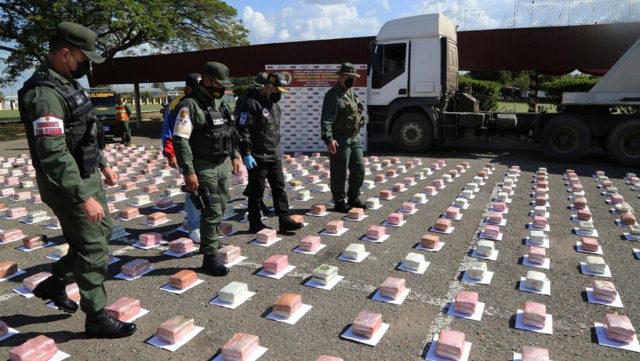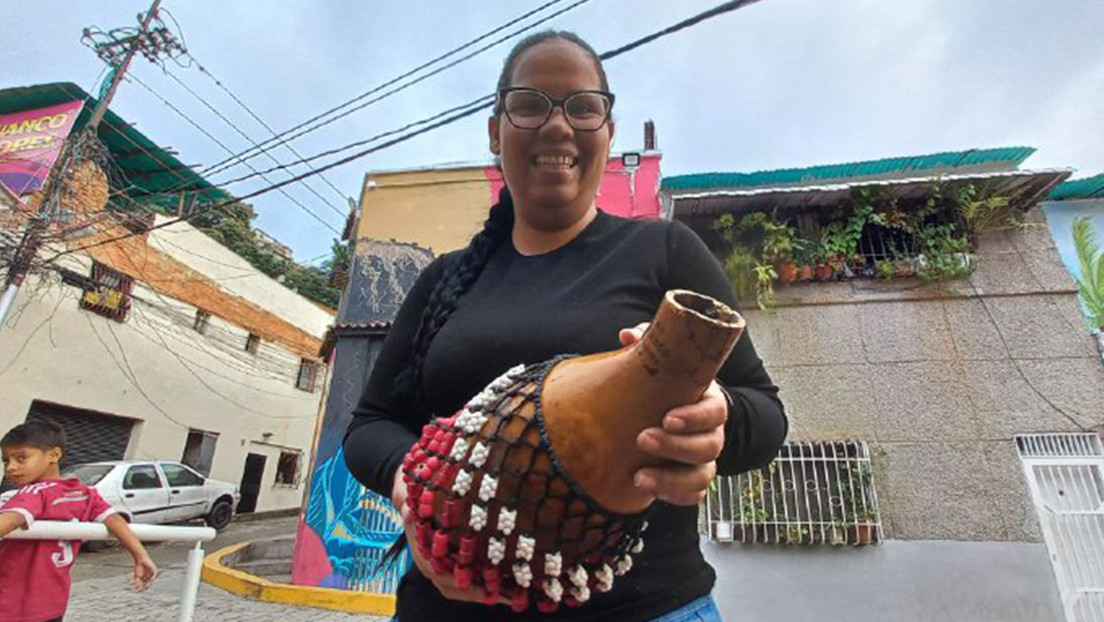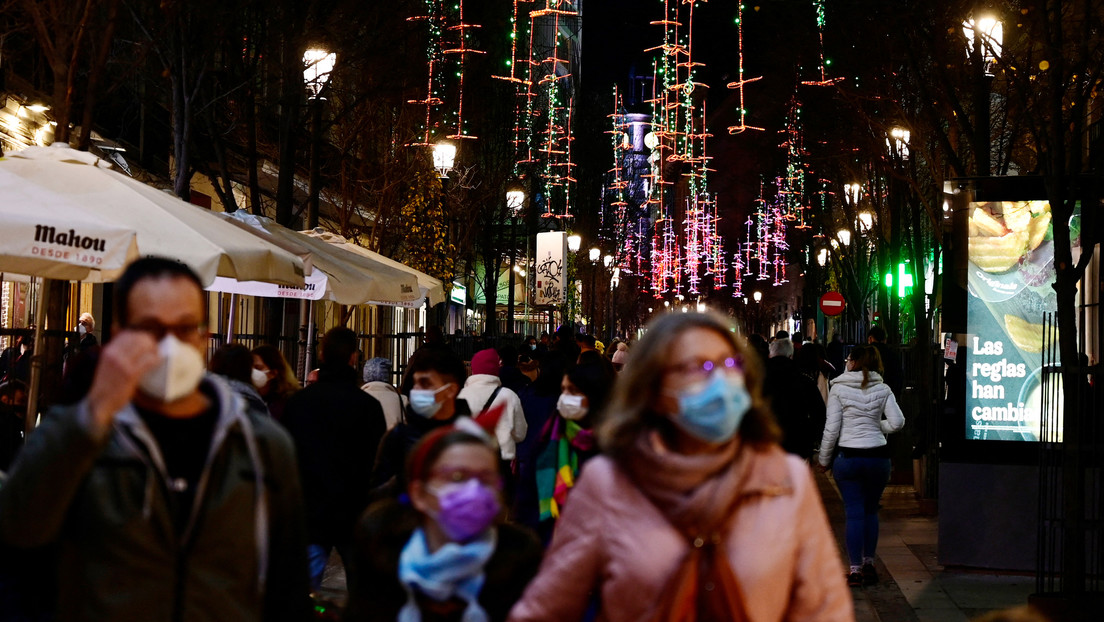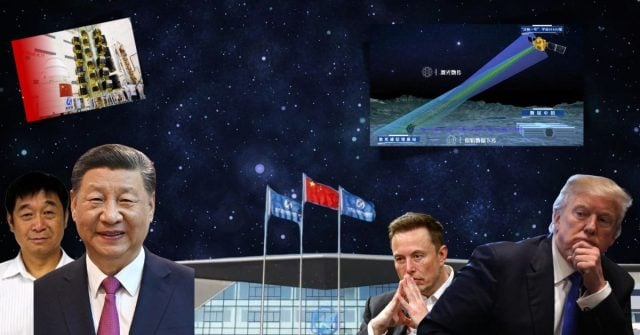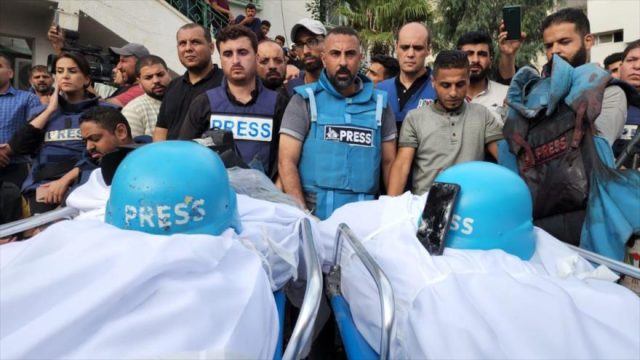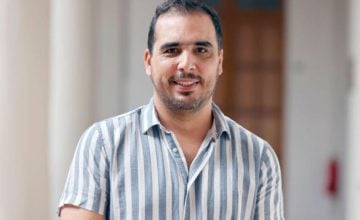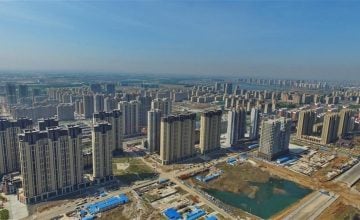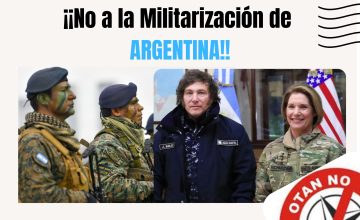The territorial protection operations carried out by the Venezuelan security forces, with greater intensity in the border area, reached the highest record in drug seizures during the last decade, at the end of 2021.
According to data from the National Anti-Drug Superintendence (Sunad), created by Presidential Decree in February 2021 to replace the former National Anti-Drug Office (ONA), seizures in 2021 exceeded 51 tons, nine more than those recorded in 2011, when 42,000 kilos of drugs were seized.
This amount of drug – as explained by the Venezuelan anti-drug superintendent, Richard López Vargas – has been seized in the states that border Colombian territory and in some coastal entities that serve as entrances and exits to the Caribbean region. In the Zulia region alone, more than 33 tons of drugs were intercepted, reports RT.
Based on the intelligence work carried out by Sunad, criminal organizations linked to Colombian drug trafficking seek to use the western Venezuelan states of Zulia, Táchira and Apure. Added to these, is the Falcón region, which borders Zulia and has access to the Caribbean, and the state of Sucre, located in the east of the country, an entity that serves as an outlet to other latitudes.
López Vargas stressed that the largest seizures are made in the states of Apure, Táchira and Zulia, (all of which border with Colombia), and what is seized is cocaine produced in Colombia and the greatest blows occur to the drug traffickers and paramilitary groups, which have been operating for decades in the armed Colombian conflict. These drug traffickers and paramilitary groups are defined by Caracas as «Terrorists, Armed, Drug Traffickers of Colombia (Tancol)».
Reinforcement of the fight against drugs in Venezuela
López Vargas commented that since Colombia is the country with the largest cocaine production in the world, it represents a threat to the stability of Venezuela. For this reason, the authorities have had to redesign, improve and strengthen their anti-drug operations to prevent that the Venezuelan territory be used as a bridge for the distribution of drugs.
According to the official, the Venezuelan State, together with its military and police forces, has managed to turn Venezuela into «a retaining wall» against global drug trafficking, since it would have prevented the distribution of more than 224 million doses of drugs worldwide.
According to the data provided by the spokesperson, the production of cocaine in Colombia exceeds 1,100 tons per year, without considering other drugs, which has forced Venezuela to increase the deployment of its border operations to protect the territory of the Tancols.
These operations also have field work that has made it possible to eradicate – in 2021 alone – 60 drug trafficking laboratories, 24 clandestine airstrips for irregular planes, neutralize 55 aircraft and arrest more than 7,000 people.
Liberate the borders from the Tancol
The Venezuelan president, Nicolás Maduro, has expressed repeatedly that the Armed Forces of his country must fight and free the Venezuelan borders from the presence of irregular groups from Colombia. For this, his purpose is that 2022 be declared as the year 100% free of the Tancol.
“All the Tancols, whatever they are called, wherever they are, are enemies of the Constitution, of the FANB and of the peace of the Republic and must be fought in the territory with all the military force of our country”, Maduro said in last September, when he also warned that Venezuela has become a «victim of the Colombian war, the same one that makes our fellow country a failed State».
This weekend, regarding the security tasks that Venezuela has undertaken against the so-called Tancol, the Armed Forces reinforced its military presence in the state of Apure. The head of the Strategic Operational Command of the Venezuelan Armed Forces (Ceofanb), Domingo Hernández Lárez, reiterated Caracas’ decision to fight «against the ‘Tancol’ groups in any of their forms».
The military deployment takes place in the midst of the tense border situation, after the armed violence registered in several Colombian municipalities in recent weeks. The security tasks also include surveillance of the airspace, the coastal zones and the border with Brazil.
